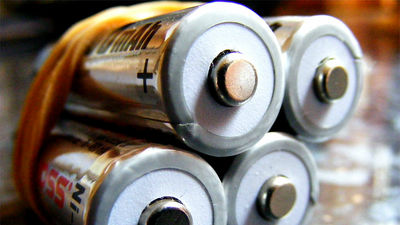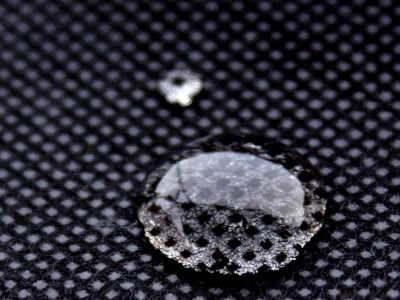Researchers devised innovative batteries that can shorten the charging time of electric vehicles to seconds

by Mark Cruz
Leroy Cronin of the University of Glasgow et al Professors and colleagues designed batteries that can save 10 times the amount of energy that can be stored compared to conventional batteries and has an overwhelmingly short charging time. Until now, the charge time of the electric car was "rapid charge" for 20 to 30 minutes, if it was ordinary charge, it was several hours, but this battery could charge in seconds.
Highly reduced and protonated aqueous solutions of [P 2 W 18 O 62] 6 - for on-demand hydrogen generation and energy storage | Nature Chemistry
https://www.nature.com/articles/s41557-018-0109-5

How reduced can you go? | Nature Research Chemistry Community
https://chemistrycommunity.nature.com/users/15852-lee-cronin/posts/37703-how-reduced-can-you-be
University of Glasgow - University news - Liquid battery could lead to flexible energy storage
https://www.gla.ac.uk/news/headline_601603_en.html
The characteristic of this new battery is that it uses polyoxoanion .
The polyoxoanion is an electrolyte of a high-performance flow battery , but it can generate hydrogen as needed in the electrolytic cell, so this battery is considered to be a "battery" that has been considered to be incompatible with the past It can play both roles of "fuel generation device".
Also different from previous batteries is that battery liquid can be replaced easily. Charging of electric cars is generally the same as connecting smart phones and home appliances with plugs, but with this battery it is possible to replenish the battery liquid as if it were refueling at the gas station. This seems that it is possible to finish charging in seconds as with refueling.
If it is put into practical use, the appearance of the electric car may change dramatically, but as the new stand becomes necessary in addition to the conventional charging stand, it seems that introduction is not so easy To do.
Related Posts:







